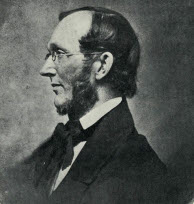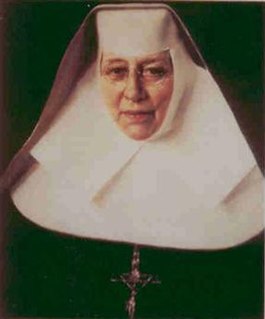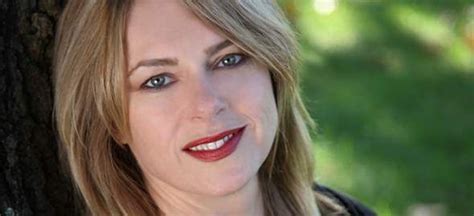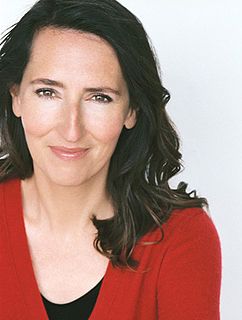A Quote by Rene Dubos
It is often by a trivial, even an anecdotal decision, that we direct our activities into a certain channel, and thus determine which of the potential expressions of our individuality become manifest. Usually we know nothing of the ultimate orientation or of the outlet toward which we travel, and the stream sweeps us to a formula of life from which there is no returning. Every decision is like a murder, and our march forward is over the stillborn bodies of all our possible selves that will never be.
Quote Topics
Activities
Anecdotal
Become
Bodies
Certain
Channel
Decision
Determine
Direct
Even
Every
Expressions
Formula
Forward
Individuality
Know
Life
Like
Manifest
March
Murder
Never
Nothing
Often
Orientation
Our
Outlet
Over
Possible
Potential
Returning
Selves
Stream
Thus
Toward
Travel
Trivial
Ultimate
Us
Which
Will
Related Quotes
Even where the affections are not strongly moved by any superior excellence, the companions of our childhood always possess a certain power over our minds which hardly any later friend can obtain. They know our infantine dispositions, which, however they may be afterwards modified, are never eradicated; and they can judge of our actions with more certain conclusions as to the integrity of our motives.
It is not our heads or our bodies which we must bring together, but our hearts. . . . Humanity. . . is building its composite brain beneath our eyes. May it not be that tomorrow, through the logical and biological deepening of the movement drawing it together, it will find its heart, without which the ultimate wholeness of its power of unification can never be achieved?
Why should it be thought incredible that the same soul should inhabit in succession an indefinite number of moral bodies? Even during this one life our bodies are perpetually changing, through a process of decay and restoration; which is so gradual that it escapes our notice. Every human being thus dwells successively in many bodies, even during one short life.
We are conscious of an animal in us, which awakens in proportion as our higher nature slumbers. It is reptile and sensual, and perhaps cannot be wholly expelled; like the worms which, even in life and health, occupy our bodies. Possibly we may withdraw from it, but never change its nature. I fear that it may enjoy a certain health of its own; that we may be well, yet not pure.
So far as we know, Earth is the only planet which supports life, and it is the only planet on which we can survive. Our bodies and our minds are fashioned by it. Our hearts resonate with it. There will be little joy for the human spirit if we destroy the natural fabric of Earth with nothing left to do but go shopping. When we imagine the world a century from now, when we look our great grandchildren in the eye and see them smiling back at us because they know we cared for them, we smile too!
Decision-making is difficult because, by its nature, it involves uncertainty. If there was no uncertainty, decisions would be easy! The uncertainty exists because we don't know the future, we don't know if the decision we make will lead to the best possible outcome. Cognitive science has taught us that relying on our gut or intuition often leads to bad decisions, particularly in cases where statistical information is available. Our guts and our brains didn't evolve to deal with probabilistic thinking.
Hope is that tiny light that the gods have given us so that we can find our way through our darkest hours. And while we might stub our toes and bruise our knees, if we keep moving forward, even when our progress is slow and painful, we will overcome and be made better by our journey. … No misery or bad situation is ever infinite or final until we make a conscious decision for it to be so.
At the center of our being is a point of nothingness which is untouched by illusion, a point of pure truth, a point or spark which belongs entirely to God, which is never at our disposal, from which God disposes of our life, which is inaccessable to the fantasies of our own mind or the brutalities of our own will. This little point of nothingness and of absolute poverty is the pure glory of God in us.
Theoretically, we Mennonites do not even know what we look like, since a focus on our personal appearance is vainglorious. Our antipathy to vainglory explains the decision of many of us to wear those frumpy skirts and the little doilies on our heads, a decision we must have arrived at only by collectively determining not to notice what we had put on that morning.
It's tempting to think that decisions that are not life-and-death are therefore unimportant, and that the little compromises we make don't matter to our bottom line or our spiritual selves. How many of us are tempted, in business, to make a less-than-ethical decision? To appropriate someone else's idea or fudge some numbers? We have to remember that maintaining our ethical and spiritual selves is absolutely linked with achieving the degree of success we're working toward.





































